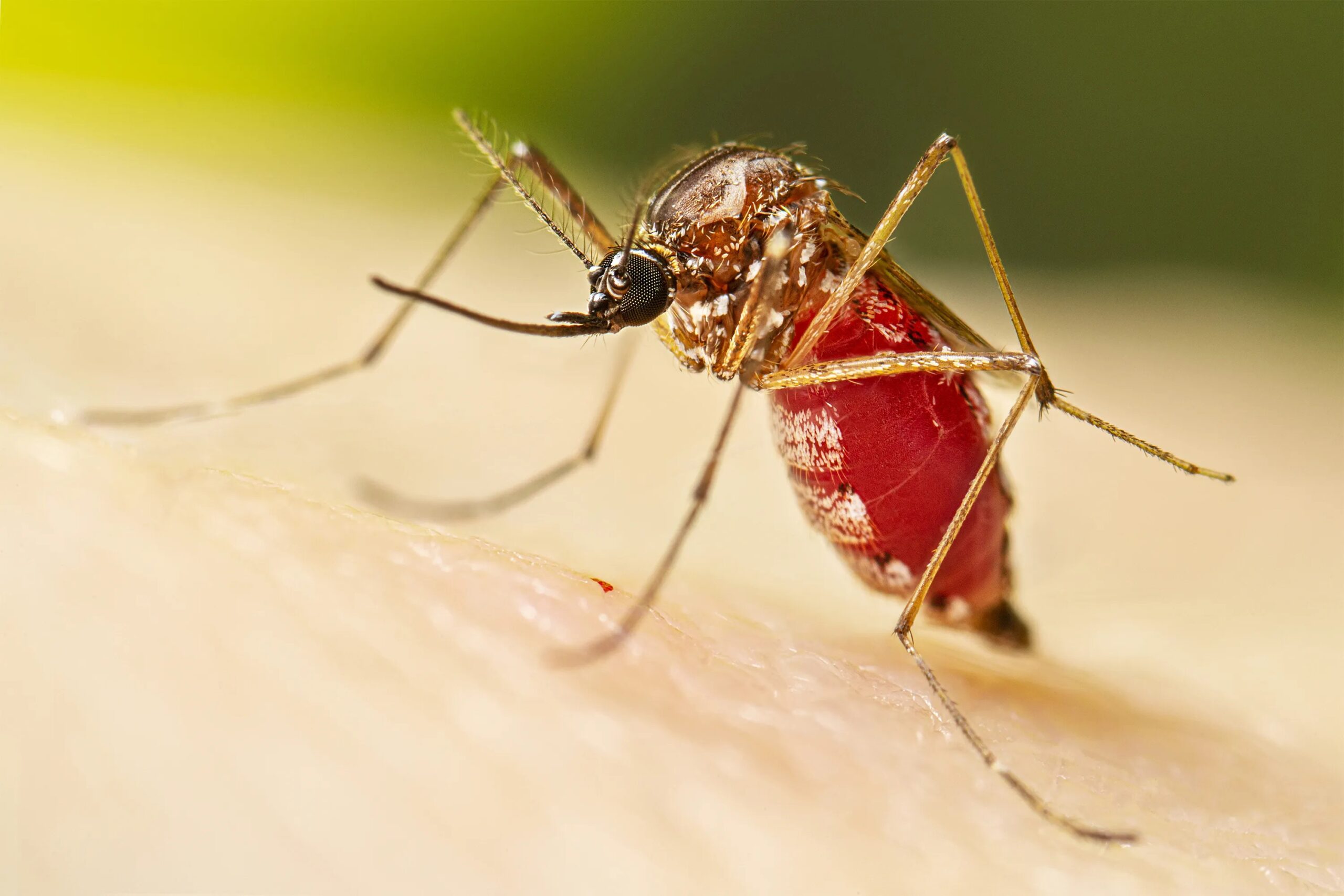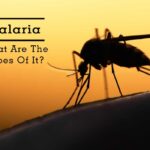Mosquitoes are small creatures but deadly in their impact on human health as they are responsible for various diseases that kill thousands of people globally every year.
Every August 20th, the world commemorates World Mosquito Day, dedicated to honouring Sir Ronald Ross, who in 1897, made the groundbreaking discovery linking Malaria to the female Anopheles mosquito. Each year, this event carries a specific theme, with the 2023 theme being “Fighting the World’s Deadliest Killer – Mosquitoes.”
Join our WhatsApp ChannelThe U.S. Centers for Disease Control and Prevention (CDC) identifies mosquitoes as the “world’s deadliest animal.” Despite their diminutive size, these insects serve as vectors capable of transmitting lethal diseases during their blood-feeding process. Mosquito-borne diseases are responsible for over 700,000 deaths globally each year. These diseases include Malaria, Dengue Fever, Zika Virus, Yellow Fever, West Nile Virus, and Chikungunya. Among them, Malaria stands out, having caused approximately 619,000 deaths in 2021, with Nigeria topping the list in terms of fatalities. This is a deeply concerning statistic.
The significance of observing World Mosquito Day lies in raising awareness about the mosquito’s capacity to transmit deadly diseases and educating the public about the hazards of mosquitoes and the importance of eliminating their presence in our environment. Regrettably, many individuals, particularly Nigerians, underestimate the danger posed by mosquitoes and the destructive potential of the malaria parasite. Some perceive diseases like Malaria as minor issues and fail to take them seriously.
However, when an individual is bitten by an infected mosquito, the malaria parasite enters the bloodstream and travels to the liver. After maturing, these parasites leave the liver and infect red blood cells, leading to the manifestation of symptoms in the infected person’s body. In some cases, these parasites remain dormant in the liver until they mature, subsequently attacking red blood cells and causing illness.
In a statement released on World Mosquito Day, the Chairman, House of Representatives Committee on HIV, AIDS, Tuberculosis, and Malaria Control, Hon. Amobi Ogah (LP, Abia), voiced concerns over the proliferation of counterfeit malaria drugs in Nigeria. These fake drugs, masquerading as genuine malaria treatments, pose a grave risk to public health by undermining efforts to combat the disease. The committee, therefore, urged the Federal Government to take decisive action to address this pressing issue and reduce the high mortality rates caused by malaria.
READ ALSO: Malaria Worse Than Omicron Variant Of Sars-cov-2 – WHO Regional Director
Mr. Ogah emphasised the need for a state of emergency declaration by the federal government due to Nigeria’s continued status as the country with the highest number of malaria-related deaths globally. He said that “The prevalence of fake malaria drugs will be looked into to avoid further deaths recorded. We will carry out our oversight functions to ascertain the role of primary health care in the Roll Back Malaria Programme.”
He said four African countries account for over half of all malaria-related deaths worldwide, with Nigeria topping the list with 31.3 per cent.
Roll Back Malaria, launched in 1998, is a collaborative effort involving multilateral, bilateral, nongovernmental, and private organisations. Its primary goal was to halve malaria-related deaths by 2010, a pledge endorsed by African heads of state at a summit held in Abuja, Nigeria, in 2000.
The House of Representatives Committee’s call for action underscores the importance of addressing the issue of counterfeit malaria drugs to achieve this vital public health objective.
It is clear that there are laid out plans to fight this deadly disease and its agent- mosquitoes but it hasn’t yielded the expected results.
The Way Forward
Knowing the lethality of the mosquito and the diseases it can transmit, what then is the way forward? What are some ways to combat mosquitoes and reduce the spread of malaria in our environment? Here are some proven tips according to health experts:
- Remove Mosquito Breeding Sites: Mosquitoes breed in stagnant water. Regularly clean, cover, or treat containers that can store water, such as flowerpots, buckets, and tires, to eliminate potential breeding sites.
- Environmental management: The government and communities should look critically into creating drainage systems and proper waste disposal as these can help reduce the accumulation of stagnant water in communities.
- Use of mosquito nets, repellents and insecticides: The use of these mosquito-fighting tools is to be encouraged among individuals as these are specially treated and manufactured for the sake of preventing mosquito bites that could result in a mosquito-borne disease like Malaria.
- Community education: Educating communities about the dangers of mosquitoes and malaria is crucial. Local health authorities, schools, and community organisations can play a significant role in raising awareness.
- Early diagnosis and treatment when you notice symptoms: It is very necessary to seek prompt diagnosis and treatment. Early diagnosis and appropriate treatment can prevent the spread of the disease to others.
- Ensuring provision and authenticity of malaria drugs: With the wide sale of counterfeit drugs, it is important that drug agencies in collaboration with the government and people, should ensure that malaria drugs sold and bought are safe and effective. Authentic malaria drugs should not be a scarce commodity.
- Revive and refocus the Roll Back Malaria Programme: It is imperative to reignite the commitment and seriousness behind the Roll Back Malaria Programme’s goal to reduce malaria-related deaths. This initiative remains vital in the fight against mosquito-borne diseases.
By collectively implementing these measures, we can move closer to a future where mosquitoes are no longer the deadliest killers, and malaria becomes a preventable and manageable health challenge. As we observe World Mosquito Day, every August 20th, let us remember that our actions today pave the way for a healthier, safer tomorrow.




![Relishing Ugba [Oil Bean] Delicacy](https://www.primebusiness.africa/wp-content/uploads/2025/06/Ugba-delicacy-720x480.jpg)












Follow Us